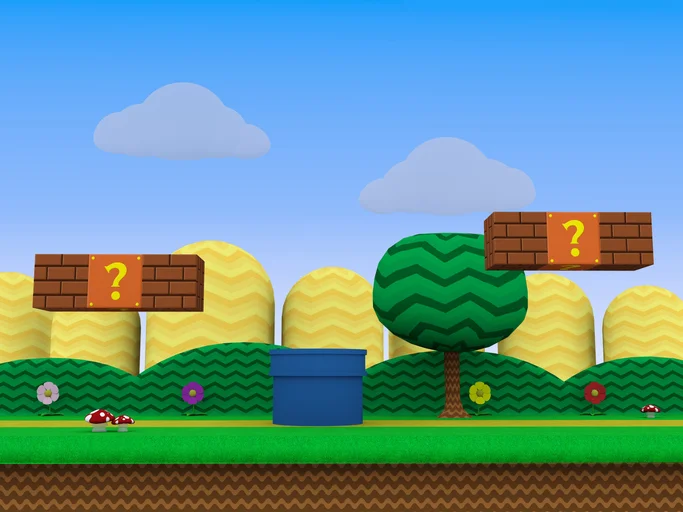
Nintendo’s New Policy: Can They Legally Brick Your Switch?
Nintendo has stirred up controversy with a recent update to its Account User Agreement (AUA), granting them the power to remotely disable your Nintendo Switch console. But is this just a scare tactic or a real threat? And what does it mean for your ownership rights? Let's delve into the details.

The updated AUA states that if a user violates the agreement, Nintendo can take punitive action, including rendering their game console permanently unusable. Violations include modifying, reverse engineering, or circumventing the functions of Nintendo Account Services (NAS). Essentially, tampering with the system could lead to a permanent ban.
As attorney Victoria Noble from the Electronic Frontier Foundation told Ars Technica, "Companies should not use EULAs to strip people of rights that we normally associate with ownership, like the right to tinker with or modify their own personal devices." She adds, "[Console] owners deserve the right to make otherwise legal modifications to their own devices without fear that a company will punish them by remotely bricking their [systems]."
This move comes ahead of the expected launch of the Nintendo Switch 2 on June 5, 2025. With the console priced at $450, gamers are understandably concerned about the implications of this new policy. The main reasons cited for this harsh punishment are to deter online cheating, harassment, and the use of illegally obtained games.
Attorney Mark Methenitis suggests that Nintendo might be using this as a deterrent. "My suspicion is this is to go after the people who eventually succeeded in jailbreaking the original Switch and try to prevent that for the Switch 2." He also mentions the potential for public backlash, similar to the scrutiny faced by companies like Tesla and John Deere for limiting hardware via software updates. "I would imagine Nintendo would suffer similar bad publicity if they push things too far."
The policy has also raised concerns about the right to repair. If a user fixes a common issue like "stick drift" using unauthorized parts, could that be considered "modifying" or "tampering" with the Switch and risk having it permanently disabled?
The updated rules also allow Nintendo to block the console if pirated games or modifications are detected, potentially turning an expensive device into a "very expensive piece of junk." This follows Nintendo's aggressive stance on emulation, including lawsuits against popular emulators like Yuzu.
It's worth noting that the ability to "brick" a console already exists. Attorney Richard Hoeg notes while it could be problematic if Nintendo begins mass-bricking devices, "Just because they put a remedy in the EULA doesn't mean they will certainly use it either."
In conclusion: While Nintendo's intentions to protect its intellectual property are understandable, the potential for permanently disabling a console raises significant questions about consumer rights and the limits of corporate control. Is this a necessary measure to combat piracy, or an overreach that will alienate loyal customers?
What are your thoughts on Nintendo's new policy? Leave your comments below!